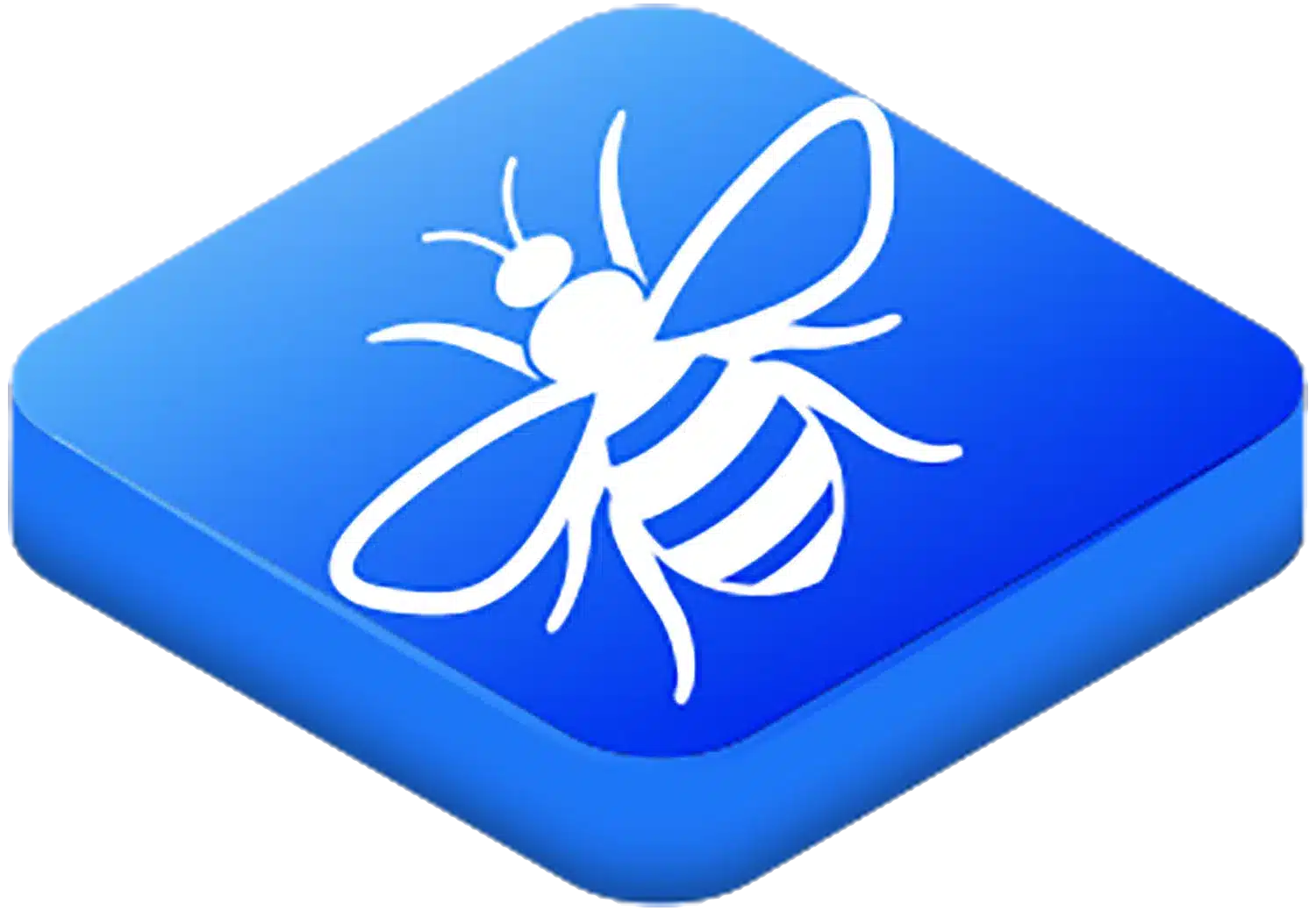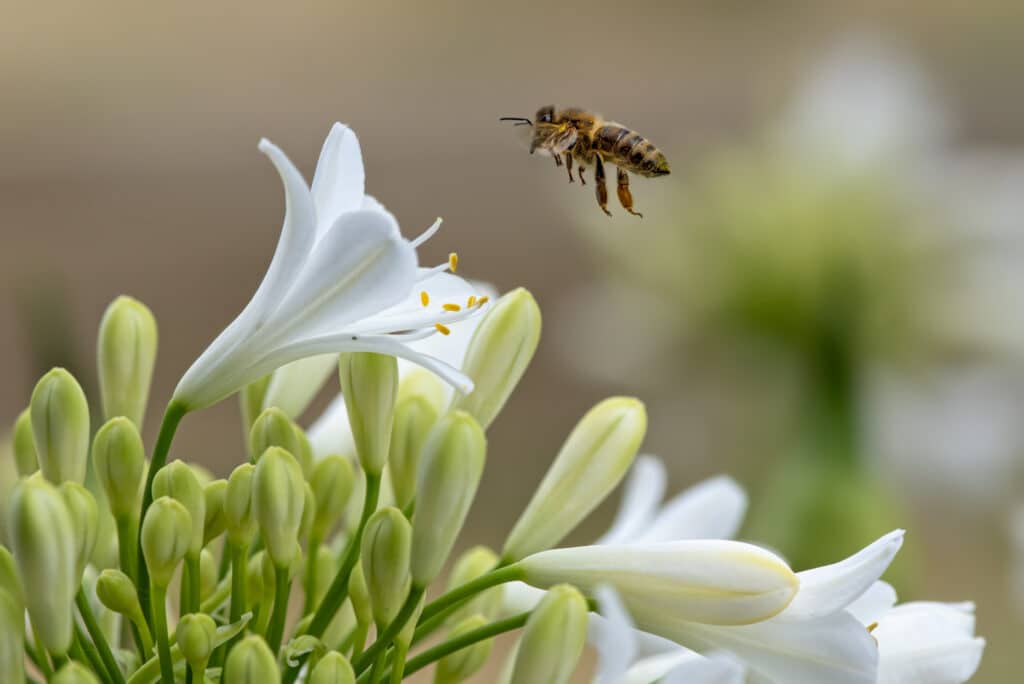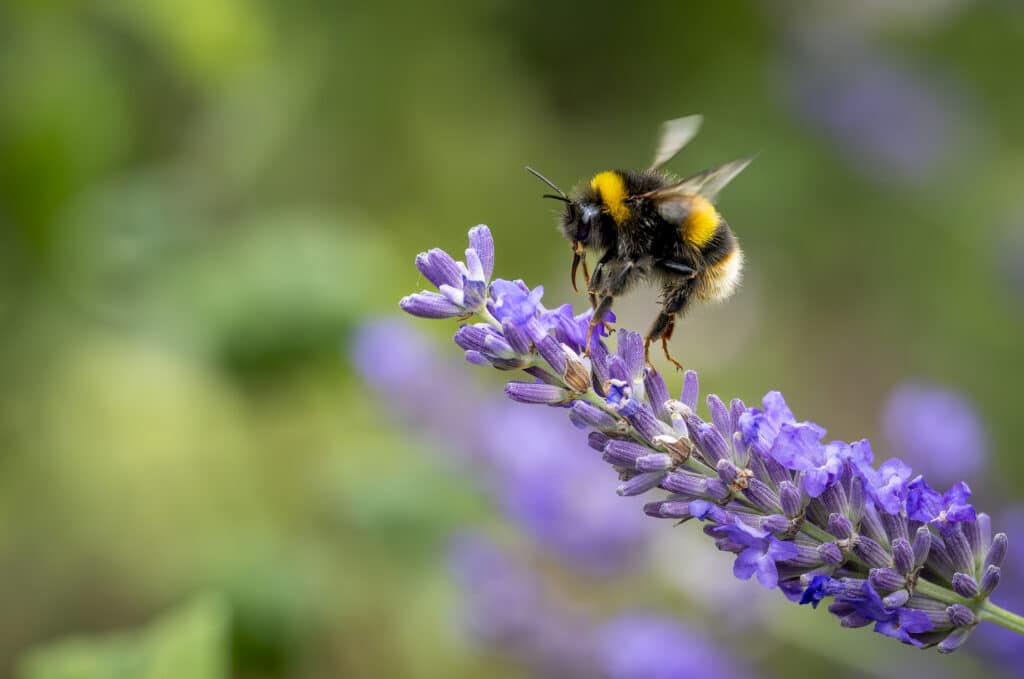
Types of Bees in Tennessee | Bee ID Guide
Common Bee Species You Might Encounter
Nearly 4,000 species of bees are native to the United States, but some of the most common ones you may encounter in Tennessee or near your home are the bumblebee, the European honeybee, and the carpenter bee. Both the bumblebee and the honeybee are valuable pollinators and play an important part in the health of our gardens and crops.Bumblebees
Bumblebees are large and fuzzy and appear to buzz around the flowers outside your home lazily. They usually have black and yellow hairs on their bodies that extend down the length of their abdomen. They are not typically aggressive but can be social insects who will fight to defend a nest or hive. Most bumblebee stings occur when people accidentally step on them or otherwise disturb their activities. They do not have a barbed stinger, so they can actually sting multiple times and do not die after a sting.Honey Bees
The European honey bee is an important pollinator of food crops across the country. These bees are social, like bumblebees, and have largely been domesticated for the purposes of producing honey.Carpenter Bees
Carpenter bees resemble bumblebees in coloration and fuzziness, but their yellow striping stops just before the abdomen. Carpenter bees rarely sting and do not work together to protect a nest. They can, however, cause wood damage by creating tunnels over time. If you see carpenter bees buzzing around, check exterior wood structures such as decks and stairs for an infestation.
When Bees Become a Concern
While bees are beneficial to our ecosystem, they can become a concern when nests are established too close to your home. For those allergic to stinging insects and their venom, bees can be a dangerous and unwanted pest.
Bees Buzzing Around? Contact U.S. Pest Protection
Wasp nests near your home threaten your family’s safety, but you care about environmental impact. Our specialized approach targets only aggressive species, leaving beneficial insects to support your garden. Your family can safely enjoy backyard activities while supporting local ecosystem health.

